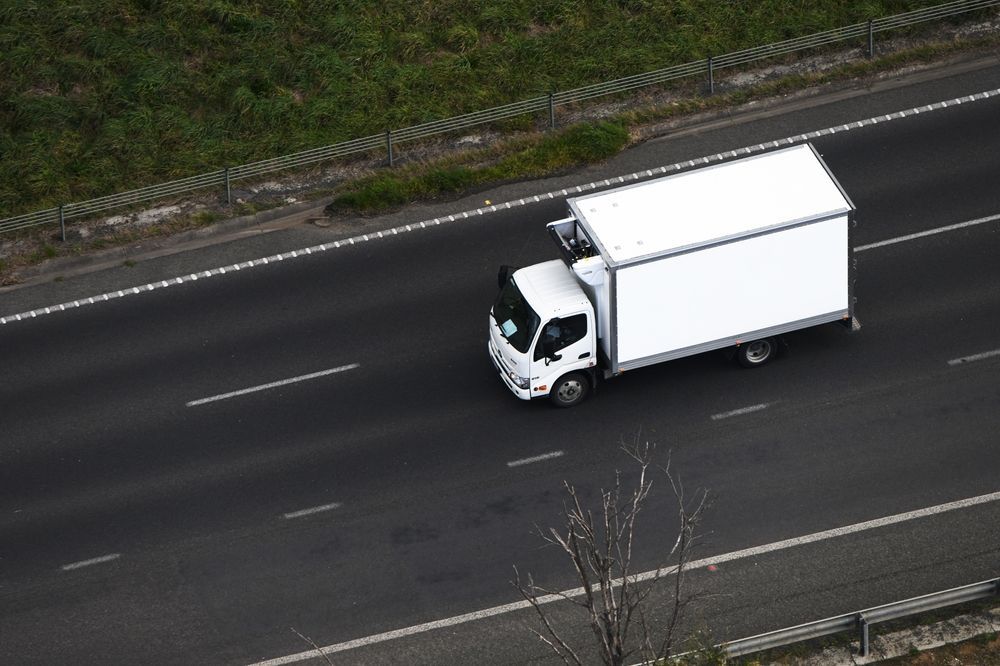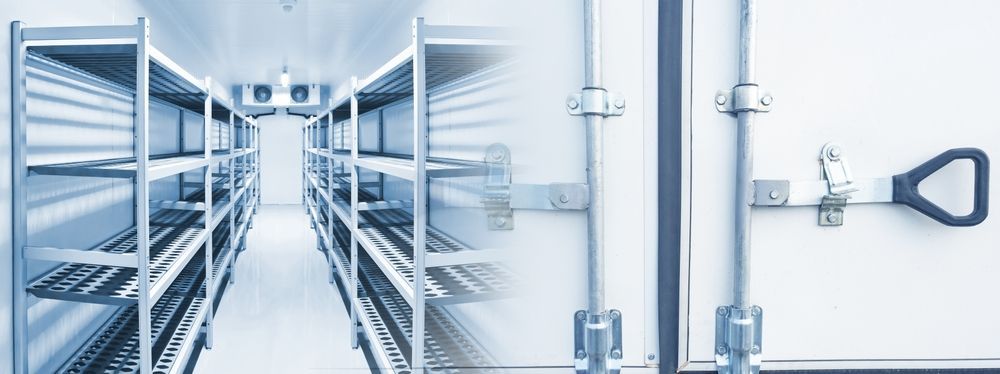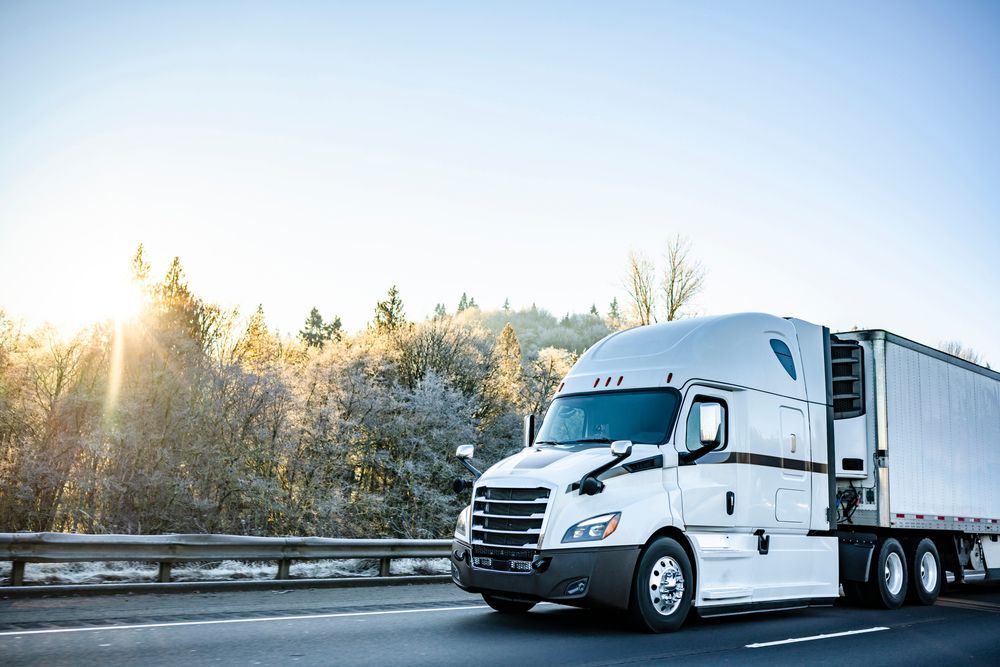Regulatory Compliance and Cold Chain Integrity
Share this article:
Maintaining the integrity of cold chain freight is one of the most important challenges food manufacturers and distributors face today. Every shipment of frozen or refrigerated goods carries high expectations for safety, quality, and timeliness. For small to mid-sized shippers in the Chicagoland area, meeting those expectations requires more than finding a truck. It requires consistent compliance with regulatory standards, reliable carriers, and a transportation partner who understands the complexity of cold chain logistics.
This article explains why regulatory compliance is essential to cold chain integrity, the risks of falling short, and the best practices and solutions that help shippers protect their products and build customer trust.

Why Cold Chain Integrity Matters
Cold chain integrity refers to keeping temperature-sensitive products within a controlled environment from the moment they leave the production line until they reach the customer. When the cold chain is broken, even briefly, the consequences can be significant. Products may lose their freshness, spoil prematurely, or become unsafe for consumption. Beyond product loss, a failed cold chain can damage brand reputation and erode customer trust.
For food manufacturers and distributors, integrity is about more than protecting goods. It is about meeting consumer expectations, safeguarding public health, and keeping promises to retailers and food service providers. With increased demand for transparency in the food industry, shippers cannot afford to overlook the role of compliance in protecting product quality.
The Risks of Non-Compliance in Cold Freight
Non-compliance in cold freight often shows up in three ways: temperature abuse, improper handling, or inadequate documentation. Even small temperature fluctuations can cause bacteria growth or compromise food safety. Handling errors, such as delayed loading or leaving doors open, expose freight to unsafe conditions. Missing or incomplete records can also put shippers at risk, as regulators require proof that standards were upheld throughout the journey.
The financial impact of non-compliance can be staggering. A single rejected load can cost thousands of dollars, not to mention the lost sales and strained customer relationships that follow. For businesses already operating on tight margins, one compliance failure can ripple through the supply chain and create lasting damage. This is why many shippers are turning to logistics providers who treat compliance as a core priority rather than an afterthought.
Key Standards: FDA, USDA, and HACCP Explained
Regulatory compliance in cold freight revolves around a set of well-established standards. The Food and Drug Administration (FDA) enforces the Food Safety Modernization Act (FSMA), which sets strict requirements for sanitary transportation practices. The United States Department of Agriculture (USDA) oversees specific food categories, particularly meat and poultry, with additional requirements for storage and transport.
Another critical framework is Hazard Analysis Critical Control Point, or HACCP. This system is designed to identify and control potential hazards in food handling, including those that occur during transportation. Together, these regulations ensure that products are consistently protected against contamination, spoilage, or unsafe handling.
For shippers, compliance with FDA, USDA, and HACCP standards is non-negotiable. Partnering with carriers and logistics providers who understand these requirements is the best way to minimize risk and demonstrate due diligence.
Best Practices for Maintaining Cold Chain Integrity
Protecting product integrity begins with preparation. Trailers should be precooled before loading, and temperature settings must match the product requirements. Proper packaging also matters, as it helps products withstand slight environmental changes. During transport, drivers and carriers must follow strict protocols for monitoring and recording temperatures at every stage of the journey.
Communication plays an equally important role. Shippers benefit when carriers provide real-time updates and proactively address potential delays or issues. Clear documentation is essential, both for regulatory purposes and for building trust with customers. By combining preparation, monitoring, and communication, shippers can reduce the risk of failure and create a more reliable cold chain.
Technology’s Role in Compliance and Visibility
Technology has transformed how shippers manage compliance and integrity. Real-time GPS and temperature tracking allow for continuous visibility, giving shippers the confidence that products are moving safely and efficiently. Automated alerts can identify potential problems before they escalate, allowing corrective action while the shipment is still in transit.
Data collection is equally important. Digital logs of temperature readings, route details, and delivery confirmations provide a compliance trail that regulators and customers can trust. For shippers, this transparency means fewer disputes, greater accountability, and stronger relationships with partners throughout the supply chain.
How K2-Transportation Protects Product Integrity
At K2-Transportation, we understand that compliance and cold chain integrity are not optional. They are the foundation of every shipment we move. Based in Chicagoland and backed by more than 30 years of cold freight expertise, we provide both Less-Than-Truckload (LTL) and Full Truckload (FTL) solutions tailored to the needs of small and mid-sized shippers.
Every carrier in our network is trained in FDA, USDA, and HACCP protocols. We use precooled trailers, location tracking, and continuous monitoring to ensure shipments remain within required temperature ranges. Our customers have 24/7 access to updates and support, so they never have to wonder where their products are or whether they are being handled correctly.
With nationwide coverage and flexible solutions, we help food manufacturers and distributors ship with confidence. Whether it is a smaller LTL order or a time-sensitive full load, our team is committed to delivering compliance, consistency, and peace of mind.
Partnering for Trusted Cold Freight
Shippers cannot afford to leave compliance or product integrity to chance. In an industry where quality and safety determine customer trust, having the right partner makes all the difference. K2 Transportation is here to simplify cold freight logistics, protect your products, and deliver on time every time.
Contact us for pricing today and see how our team can help safeguard your shipments while streamlining your supply chain.




